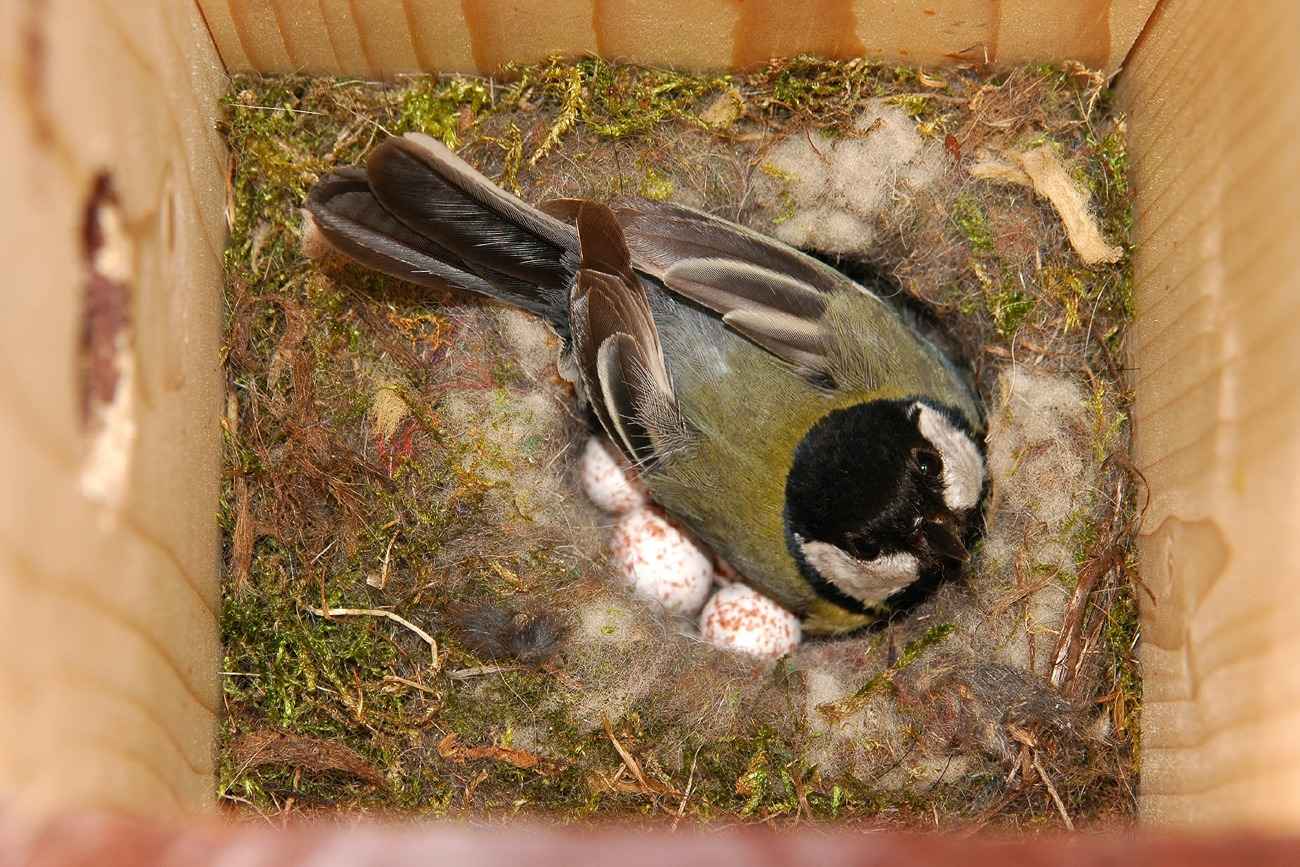Thessaloniki gets ready for its metro launch in November
The underground rapid transit lines have been under construction for almost two decades due to various project delays
 TheMayor.EU logo
TheMayor.EU logo These special zones were created last year with the aim of boosting biodiversity in the city
This week, local authorities in Budapest announced the results of their programme for creating wildflower zones in the city. One of the big take-aways, apart from the species explosion, is that several areas are now home to protected plant species.
The programme was launched last year by the city and FŐKERT – the local green area management organisation. According to an official statement, the wildflower programme has already led to a massive increase in plant and animal species in the targeted areas.
The initiative is part of the city’s aim to boost biodiversity and counter the prevalence of monocultures in green areas. Apart from providing a home for bees, butterflies and small birds, if expanded, this move would strengthen the climate resilience of both plants and animals in the city.
Last year, when Budapest authorities launched the wildflower plan, the idea was to help diversify plant species in the city. This would, in turn, break lawn monocultures and lead to more insects and birds finding sustenance.
The core of the project is to maintain these green spaces in an eco-friendlier manner with the main change being decreasing the number of times the lawn areas are mowed. From an initial 7 to 9 mowings per year, these places would be mowed only 2 to 3 times.
This would help wildflowers bloom and spread their seeds, gradually covering more and more of the area. In turn, FŐKERT set up insect hotels and birdhouses to kick-start wildlife reclamation. The city operates 6 million square metres of green spaces with tens of thousands of trees. The wildflower project only focused on 4.5% of that area or just 30 wildlife friendly hectares in total.
The city has deemed the project a resounding success as plant species have been popping up more and more in the designated areas. Site-specific species have also emerged and, in fact, according to city research, the number of species occupying a designated wildflower area has more than doubled.
 The plants attract more insect species,
The plants attract more insect species,
which, in turn, attracts small animals,
Source: FŐKERT on Facebook
Surveys have also shown that more and more pollinating insects have appeared near these areas when compared to their heavily maintained counterparts. Additionally, authorities also report that protected species have also started to appear on three of the sites. They claim that this would be impossible if the areas were subject to frequent mowing.
However, one of the shortcomings of the 2021 programme is that some of the areas were quite busy and favoured by citizens. One big example here is Óbuda Island, the only place in the city where toads have been observed to come out. This, in turn, caused damage to the flowers and prevented them from experiencing a biodiversity proliferation.
Now, authorities are working to refine their methods and chose better locations, focusing on less frequented park areas. Despite the re-shuffle, however, they have said that they will not expand the wildflower areas to cover more ground. Nevertheless, local park authorities would continue to monitor wildlife development, to better gauge their success.

The underground rapid transit lines have been under construction for almost two decades due to various project delays

Now you can get your wine in Talence by paying directly in Bitcoin

That’s because the state has to spend money on updating the railway infrastructure rather than subsidizing the cost of the popular pass

Rethinking renewable energy sources for the urban landscape

The examples, compiled by Beyond Fossil Fuels, can inform and inspire communities and entrepreneurs that still feel trepidation at the prospect of energy transition

Now you can get your wine in Talence by paying directly in Bitcoin

The 10th European Conference on Sustainable Cities and Towns (ESCT) sets the stage for stronger cooperation between the EU, national and local level to fast track Europe's transition to climate neutrality.

At least, that’s the promise made by the mayor of Paris, Anne Hidalgo

The underground rapid transit lines have been under construction for almost two decades due to various project delays

At least, that’s the promise made by the mayor of Paris, Anne Hidalgo

Hostal de Pinós is located in the geographical centre of the autonomous region

Despite its church-y name, the district has long been known as the hangout spot for the artsy crowds

Urban dwellers across the EU are having a say in making their surroundings friendlier to people and the environment.

Forests in the EU can help green the European construction industry and bolster a continent-wide push for architectural improvements.

Apply by 10 November and do your part for the transformation of European public spaces

An interview with the Mayor of a Polish city that seeks to reinvent itself

An interview with the newly elected ICLEI President and Mayor of Malmö

A conversation with the Mayor of Lisbon about the spirit and dimensions of innovation present in the Portuguese capital














